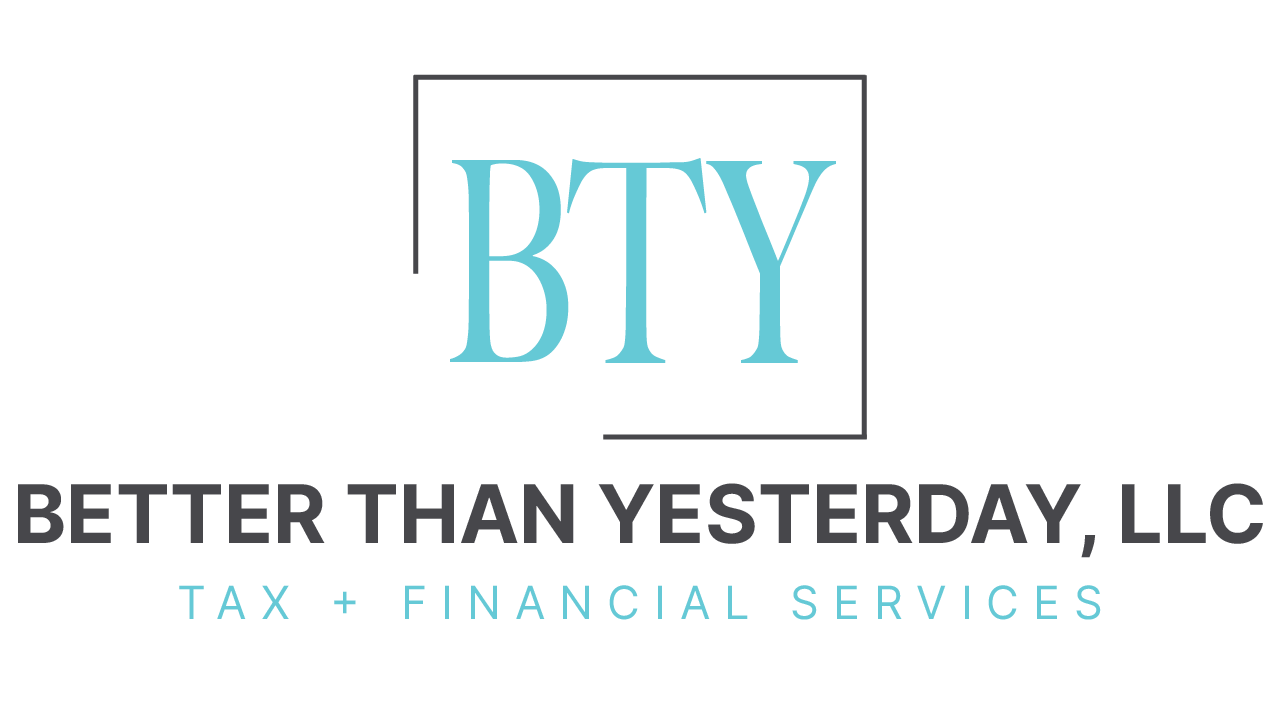Ahh, messy books are the one thing that a majority of business owners do not want to face.
Which explains why about half of the new small businesses in America fail within the first five years. Poor financial management is the biggest cause of small business failure, according to the U.S. Small Business Administration.
If you have less than 500 employees in your business then you are technically considered a “small” business in the SBA’s eyes.
So, if you’d like to prevent this failure rate from affecting your business then let’s get to the core of how messy books hurt your business.
INACCURATE BUSINESS INFORMATION
It is great when business owners complete their own books.
BUT if they don’t keep up with the books, have a messy way of doing it, or fail to reconcile the books with the bank statement every month then problems start to add up.
And those problems can lead to inaccuracy. Which then leads to reporting inaccurate information on your annual tax return.
Reporting inaccurate information can go one of two ways-
- You understate income or overstate expenses. This is NOT good because then you’re at risk for penalty and interest charges with the IRS for inaccurate reporting.
- You overstate income or understate expense. This is NOT good because then you’re overpaying in taxes. Which the IRS is totally fine with, but you shouldn’t be.
Either direction you go with, inaccurate reporting is NOT good.
NO ABILITY TO MAKE FINANCIAL DECISIONS
Inaccurate reporting also impairs financial decision-making for your business.
It’s pretty hard to make a big financial decision when you have no accurate reports to look at.
For instance, if you’re a checkbook budgeter and solely relying on your bank account balance to make decisions this can really come back to bite you.
You may look at your bank balance and see that your account is $2,000 and you want to make a $1,400 purchase. Which will get you right at your bank’s minimum balance for business accounts.
Great, you make the purchase because, why not? You clearly had the money available… but oh darn. You completely forgot about the outstanding check that you wrote for $900 to a vendor three weeks ago.
And of course, that vendor decided to cash that check right after your $1,400 purchase clears the bank. Now you’re $300 in the hole and owe your bank overdraft fees.
Now you may think this is no big deal because you’ll remember your outstanding checks. Well if you have any desire to grow your business, which should be the goal, then keeping these outstanding transactions in your head will get harder and harder.
If you maintain an up-to-date and clean set of books, then you could easily pull up your balance sheet to view your accurate bank balance. Which would have shown you an $1,100 balance instead of a $2,000.
LITTLE BUSINESS TRANSACTIONS ADD UP
Speaking of overdraft fees, these “little” transactions can add up fast. Other things like small expenses, interest charges, etc. can also add up faster than you realize.
Having a clean set of books will show you how much these small transactions are costing you in the long run. Which may be more than you originally thought.
Keeping these transactions in your head is an easy way to rationalize these little transactions. Because they seem like they’re no big deal.
Until you see your financial statement and realize that making a mistake like overdrawing your account every other month or 5-6 times a year can add up to $150 or $200 for the year. Which is a preventable expense.
Or the business subscription that you purchased several months ago and never use that’s only $15 bucks a month is no problem since it’s a small expense and you MAY use it one day. But would you pay $180 for the subscription right now if you had the choice?
If the answer is no, then you need to cancel that small expense. Looking at your expenses on an annual scale instead of a monthly scale will help you eliminate these little transactions that eat up your bank account.
And again, having a clean set of books helps you catch these little transactions faster and put an end to them sooner. So that you can spend that money on something that will actually help your business grow.
Fun fact: it only takes $27.40 a day to spend $10,000 a year. Something to keep in mind when thinking of small transactions adding up.
YOUR SANITY
If you have messy books, then I’m going to guess that it causes you a great amount of stress when you even THINK about working on your books.
Stop doing that to yourself.
You have options to save your sanity.
You can either take an extra 15-30 minutes a week or 1-2 hours a month to maintain your books on a regular basis. This will reduce your stress because it will become a habit that you do without thinking, and it will never add up to a big mess of a project.
When you let it pile up for several months you add more time to the project not only through the accumulation but also because you have to search for items from several months ago. Whereas if you just maintained your books on a regular basis (while the transactions are fresh in your mind) you can find those items faster. Therefore, spending an extra 15-30 minutes a week can save your future self an hour later.
Another option is to hire someone to do the books. Having a professional on your side can really ease your mental load when it comes to the accounting side of your business. If you do hire a professional, please review your statements on a regular basis – especially when making big financial decisions!
You should NOT just hire a bookkeeper and NEVER look at your books. That is NOT okay. You need to know the numbers of your business. If looking at financial statements scares you, then check out this article on how to read financial statements.
YOUR TAX PREPARER’S SANITY
Messy books don’t only hurt your sanity, but also your tax preparer’s sanity.
See us tax preparers care about our clients, and really don’t want them to pay major penalties and interest. So, maintaining accurate books helps your tax preparer submit an accurate return.
This also reduces their stress on putting together your messy books during their busiest time of the year. Because unfortunately, we are not miracle workers.
If you make it easier on your tax preparer by providing organized and accurate documents, then your tax preparer can return the favor by helping you with digging for more tax-saving strategies.
If the tax preparer has 2-3 hours to spend on your tax return and 2 hours of that is spent just putting together your messy books, then they only have an hour to finish the tax return.
Which leaves ZERO time for researching the IRS code for more strategies to help you save in taxes. Whereas if you had a clean set of books then that gives your tax preparer plenty of time to do research to maximize your tax savings.
Also, if you have messy books your tax preparer will more than likely not want to risk it with any extra tax savings strategies, because they know if you get audited you do not have presentable documentation for the IRS. This will hurt your case and not give the preparer the ability to defend said tax-saving strategies.
YOU CAN BE AT RISK
Let’s continue on the topic of getting audited.
If you get audited with messy books, then you either need to clean them up or get slapped with the penalties and interest.
Because the IRS will not organize your messy books. You need to have presentable books for IRS audits. If you are organized, then you have a better chance of helping your case and proving your income and expenses. Which will reduce your risk on penalties and interest or worse case scenarios.
Head here to learn how to avoid an IRS audit!
So please understand how important it is to have a clean set of books. Make it a priority to get your process for bookkeeping in place.
You just have to start somewhere, take it one step at a time, and make it better than yesterday!
All videos are made with Animaker, sign up for free today!






